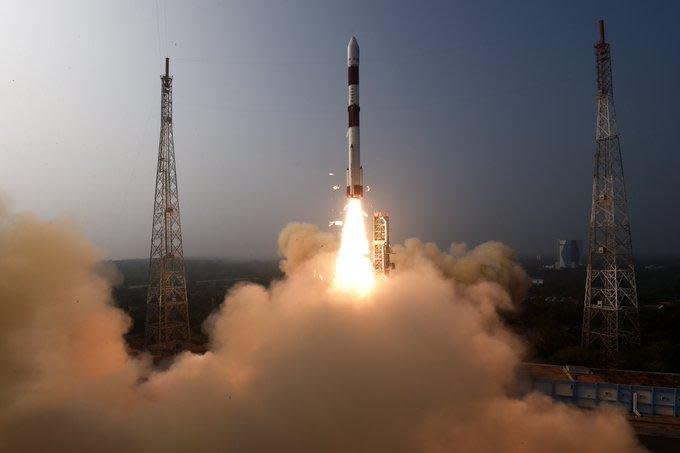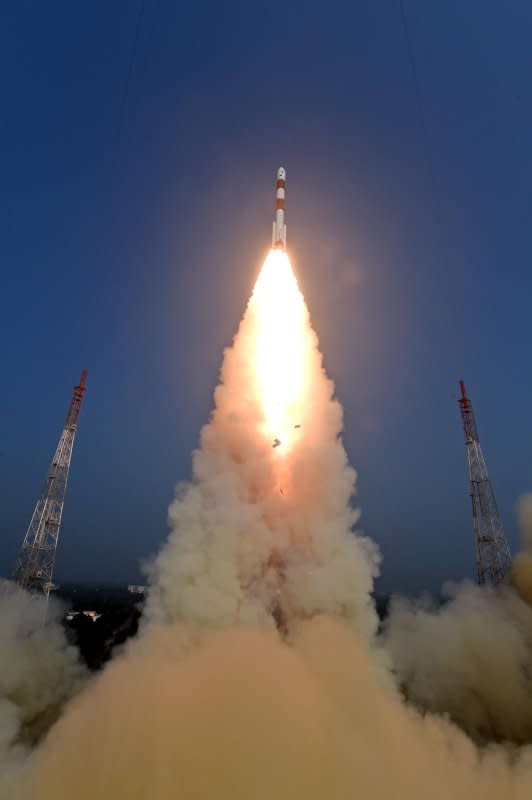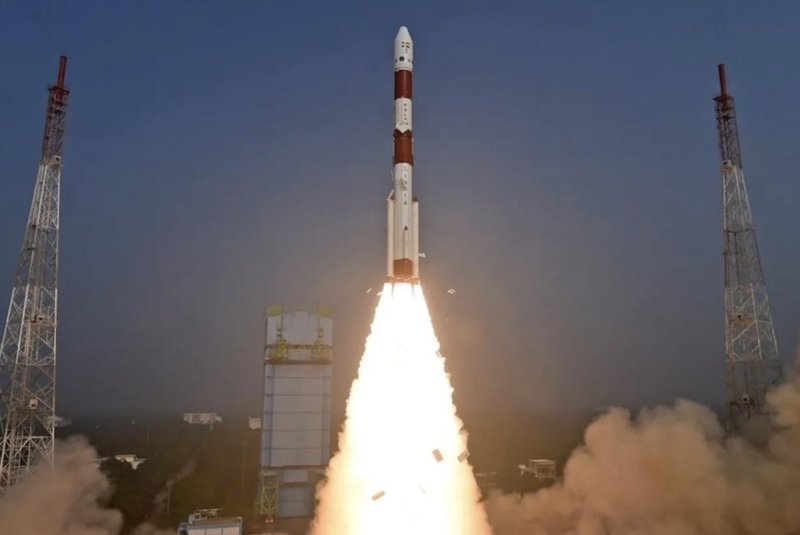Jan. 1 (UPI) — India’s space agency successfully launched a rocket Monday from Sriharikota spaceport to help scientists improve their “knowledge of black holes.”
“2024 lifted off majestically,” the Indian Space Research Organization wrote Monday in a post on X, formerly Twitter. “XPoSat health is normal. Power generation has commenced.”
The launch is only the second mission to focus on studying black holes, after NASA launched a similar mission in 2021. A black hole is an area in space where matter has collapsed on itself with gravitational pull so strong that not even light can escape.
ISRO will conduct its research on black holes using the X-ray Polarimeter Satellite, or XPoSat, which was deployed during Monday’s launch.
ISRO chief S Somanath said the PSLV-C58 vehicle placed the satellite into its intended orbit, which he described as “excellent.”

“From this point, the orbit of the PSLV will be reduced to a lower orbit, where the upper stage of the PSLV, which is now described as POEM, will carry out experiments with nine of the onboard payloads and that will take some time,” Somanath said Monday.
During 2023, India launched its first solar mission, Aditya-L1, and celebrated the successful soft landing of Chandrayaan-3 on the south pole of the moon. Since its August landing, Pragyan lunar rover has demonstrated its ability to navigate craters on the moon’s surface.


ISRO is currently working to launch a manned mission by 2025, with the goal of sending three astronauts into low-Earth orbit and bring them back after three days.
“2024 is going to be the year for Gaganyaan readiness,” Somanath said.


